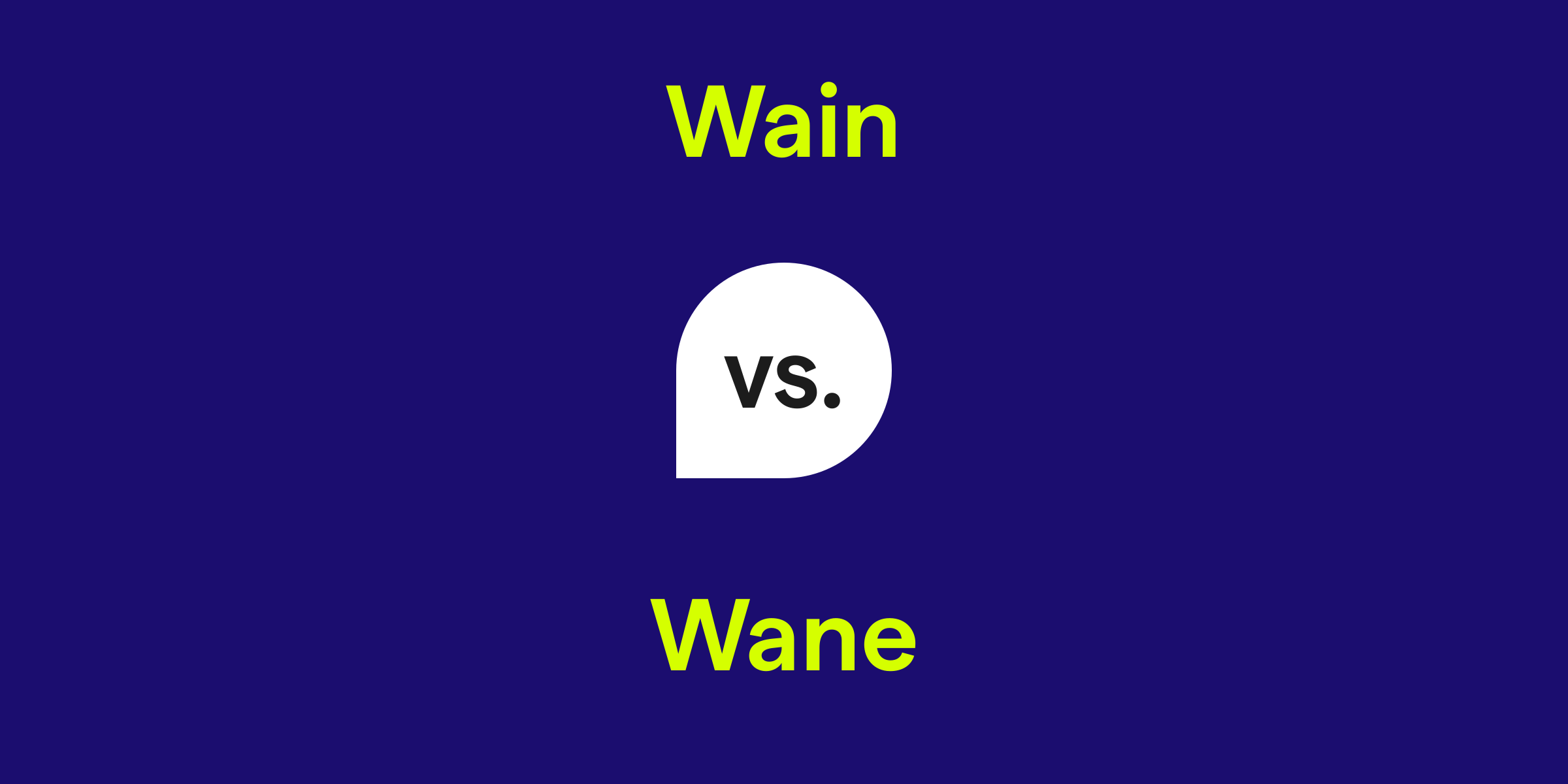Wain vs. Wane: What's the Difference?
Understanding the difference between wain and wane is crucial for clear communication. Wain is primarily a noun referring to a large, open, four-wheeled horse-drawn cart, historically used for agricultural purposes. On the other hand, wane is commonly used as a verb meaning to decrease in size, extent, or degree, often describing the phases of the moon or figuratively indicating a decline in interest or strength.

How do you use the word wain in a sentence?
The word wain is typically used to describe a type of farm cart; thus, it's frequently found in contexts related to agriculture or history. You might use wain when describing scenes from the past, in literature to set a rustic atmosphere, or when talking about museum pieces that represent old farming equipment.
Examples of wain in a sentence
- The farmer hitched the horses to the wain before starting his day in the fields.
- Ancient artifacts, including a well-preserved wain, were on display at the archaeological site.
- The children climbed onto the old wain for a photograph, imagining the ways it was used in yesteryears.
How do you use the word wane in a sentence?
The word wane is used when something is perceived to be getting smaller or less powerful. You may find wane in discussions about celestial bodies, such as the moon, when its visible portion is decreasing. It's also applicable when talking about intangible things losing strength or influence, such as public interest, emotions, or trends.
Examples of wane in a sentence
- As the evening progressed, the party's energy began to wane.
- During the lunar cycle, there's a period when the moon appears to wane night after night.
- The initial enthusiasm for the new project started to wane when unexpected difficulties arose.
Wain and wane definition, parts of speech, and pronunciation
Wain definition:
Wain (noun): A large, open, four-wheeled cart, often pulled by animals such as horses, used traditionally for transporting goods, especially during agricultural activities.
Wain parts of speech:
Wain pronunciation:
Wain is pronounced as /weɪn/.
Wane definition:
Wane (verb): To diminish in size, extent, or degree; to decline in power or strength; to decrease gradually.
Wane parts of speech:
Wane pronunciation:
Wane is pronounced as /weɪn/, identically to 'wain'.
Wain (noun): A large, open, four-wheeled cart, often pulled by animals such as horses, used traditionally for transporting goods, especially during agricultural activities.
Wain parts of speech:
- As a noun: We restored an old wain to add to the farm's vintage collection.
Wain pronunciation:
Wain is pronounced as /weɪn/.
Wane definition:
Wane (verb): To diminish in size, extent, or degree; to decline in power or strength; to decrease gradually.
Wane parts of speech:
- As a verb: Public interest seemed to wane after the initial product launch buzz wore off.
Wane pronunciation:
Wane is pronounced as /weɪn/, identically to 'wain'.
Wain vs. wane in a nutshell
In essence, wain is a concrete noun used to describe a type of horse-drawn cart, common in historical and agricultural contexts, whereas wane is an action verb that describes the process of becoming smaller or less intense. Despite their similar pronunciation, they have distinct roles in language—with wain leaning towards physical objects and wane toward describing states or transitions of decrease.
Get AI Writing Assistance Wherever You Type
Make sure your vocabulary is on point and every punctuation mark is in the right place, no matter where you’re working. Grammarly works across more than 1 million websites and apps so you can improve your writing without copying, pasting, or breaking focus.

More Commonly Confused Words
Interest piqued? Pore (not pour) over other commonly confused words to help your writing reach peak (not peek) performance.